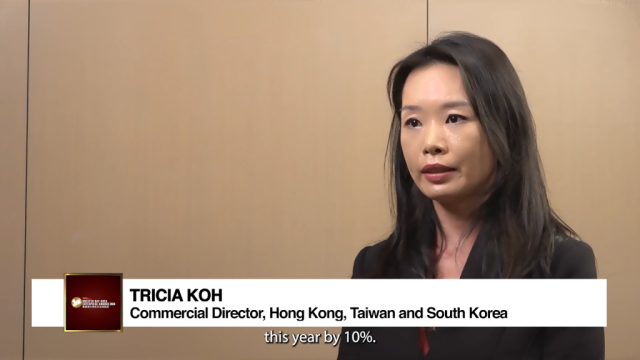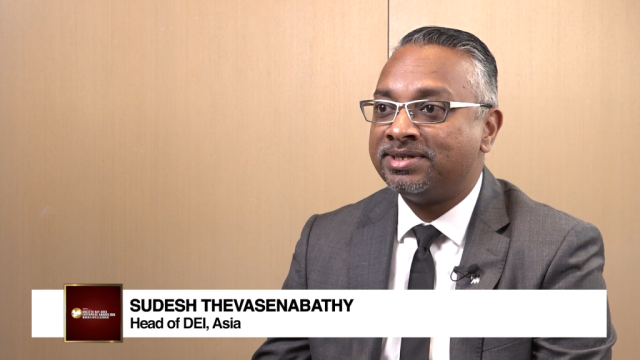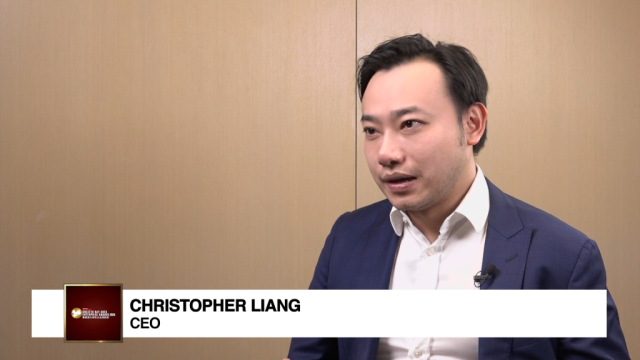
Divestments top of mind in corporates' 2016 capital agenda strategy
Appetite more than doubles in 2016.
It has been noted that divestments are top of mind in corporates' capital agenda strategy this year as companies seek to extract maximum value from strategic sales.
According to a release from EY, this is based on its “2016 Global Corporate Divestment Study, Learning from private equity: experts at extracting hidden value,” an annual survey of corporate and private equity executives.
Reflecting the increasing focus on M&A as a route to reshaping businesses, 49% of companies are now planning to divest within the next two years – a significant increase from the 20% reported in last year's survey.
Here’s more from EY:
Only 5% of companies do not expect to make any divestments in the next two years compared to 56% in 2015. This suggests a greater appetite to strengthen and remodel core businesses in a rapidly changing environment.
Divestments are increasingly being employed as an essential path to growth, with 70% of companies using them to grow their core business, invest in new products and markets, and acquire a complementary business. Among companies that completed a divestment last year 39% re-invested the divestment proceeds back into the core business, 20% invested in new products , markets or geographies and 11% made an acquisition. Overall, 84% said they believe it created long-term value in the remaining business.
Pip McCrostie, EY's Global Vice Chair – Transaction Advisory Services, says: "Divestments are a strategic route to generate long-term growth. They are increasingly being used to fund new opportunities, to stay ahead of changes in consumer preferences and to drive innovation. Astute reallocation of capital and a disciplined review of portfolio assets will be a priority in 2016."
Companies who used their last divestment to fund an acquisition were most successful: they were 62% more likely to have experienced a higher-than-expected valuation multiple on the remaining business post-sale than a company that used the funds to pay down debt.
For companies that divested 10% of their enterprise value, the markets have reacted favorably, with stock prices for these companies outperforming the public index by 612 basis points more than they did in the one-year period pre-sale. For those that divested 20%, the numbers were even more favorable, outperforming the previous year by 1,104 basis points.
Opportunistic divesting – including unsolicited approaches – is still the main reason for the sale with almost a third (31%) of companies taking this route. The survey finds that an opportunistic divestment is least likely to positively affect the remaining company's valuation multiple after the sale.
Paul Hammes , EY's Global Divestiture Advisory Services Leader, says: "With markets rewarding divestments that represent bold portfolio decisions and strong strategic rationale, all signs point to a strong 2016 ahead. That said, maximizing the value of a divestment is firmly rooted in having an in-depth understanding of the business's value. Too often, sellers leave money on the table, particularly when they are enticed by unsolicited offers."






















 Advertise
Advertise








